The World’s First 1000-Core Processor Was Just Created
Say 'hello' to 1,000 independently programmable processors.
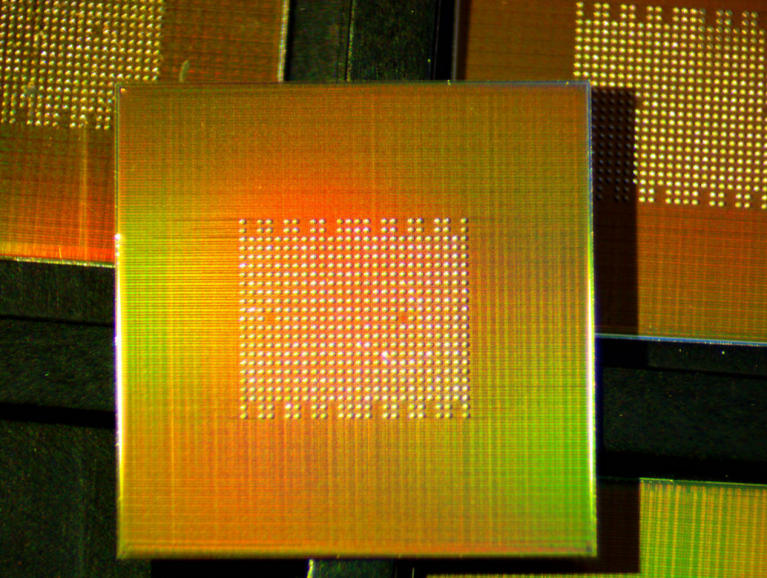
Say 'hello' to 1,000 independently programmable processors.
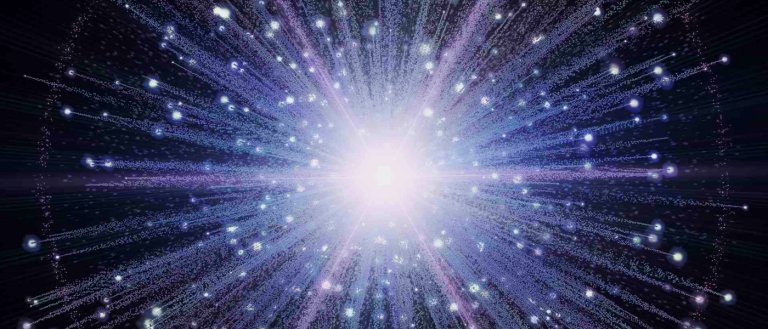
After making headlines in gravitational waves, LIGO wants an upgrade.
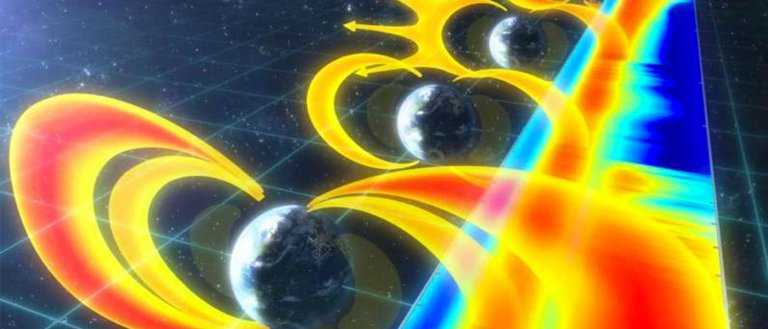
Surfs up! The best kind of tsunami is a space tsunami.

This is what they call 'making the most of a bad situation.'
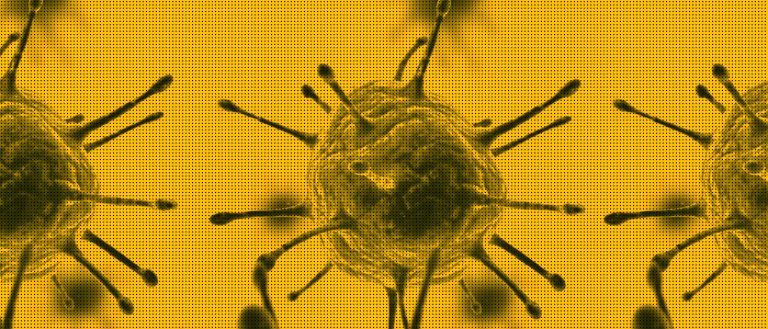
An unconventional look at an almost all too conventional virus that just may be history soon.

Hybrid particles called plexcitons could replace silicon circuits in the future.
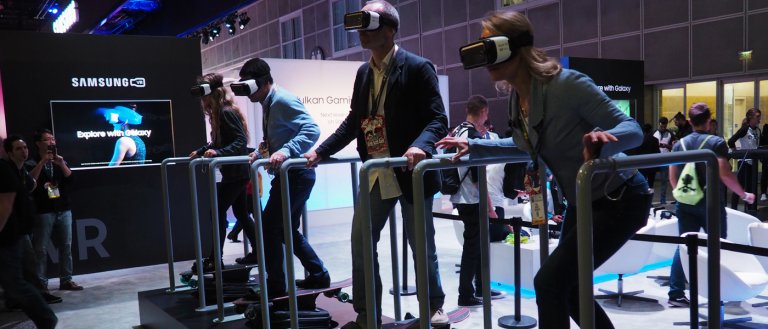
D-Box now offers something for the gaming community.
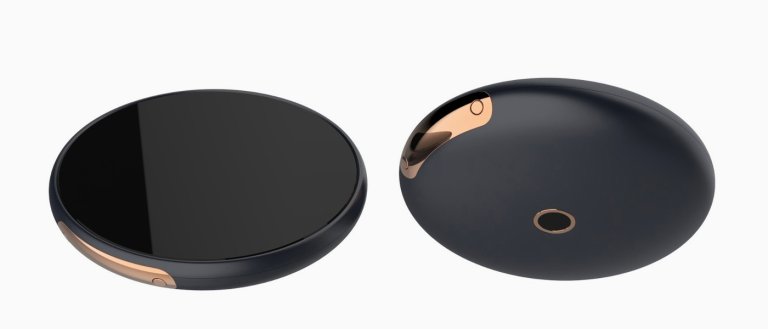
If you're getting tired of being boxed in, this is the phone for you.
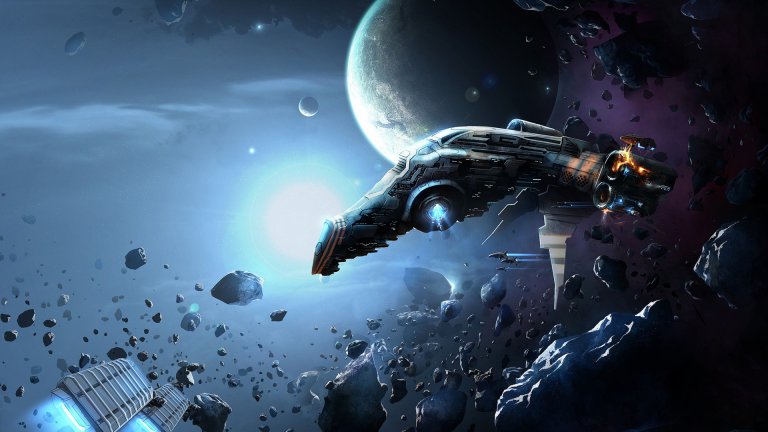
Sony's upcoming VR headset is available for demos starting this week.
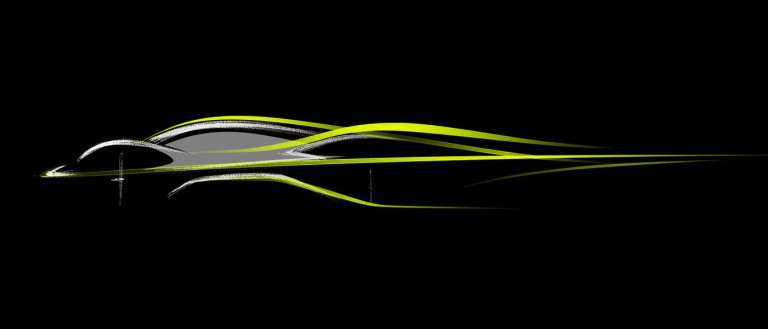
Aston Martin just released new details on their secret Project Nebula
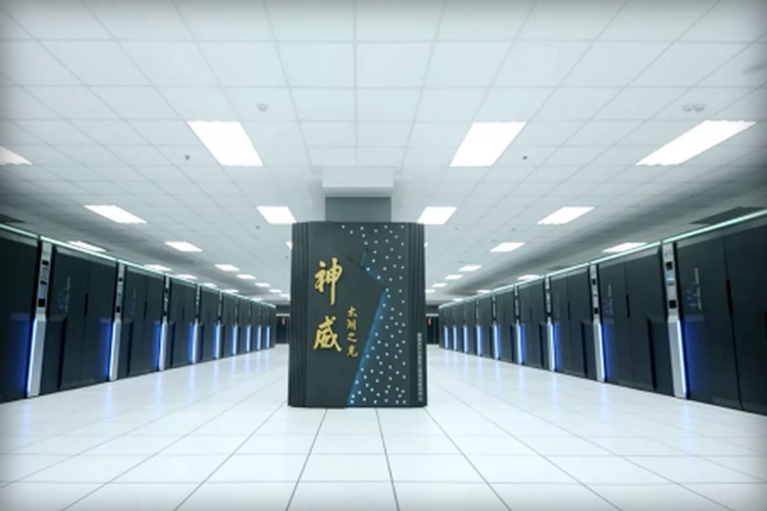
It can perform a staggering 93 quadrillion calculations per second!
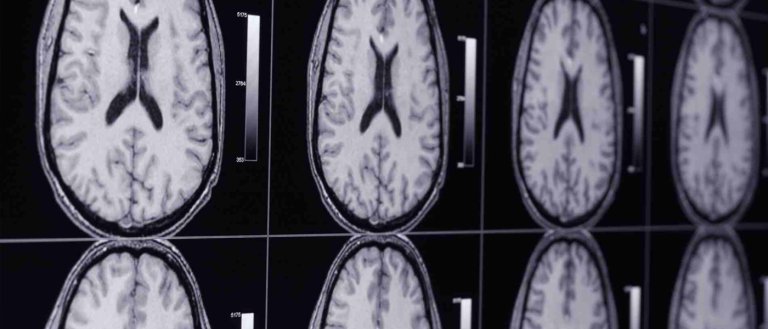
By using ultrasound to open a patient's blood-brain barrier, doctors may be able to treat brain disease in ways not previously possible.
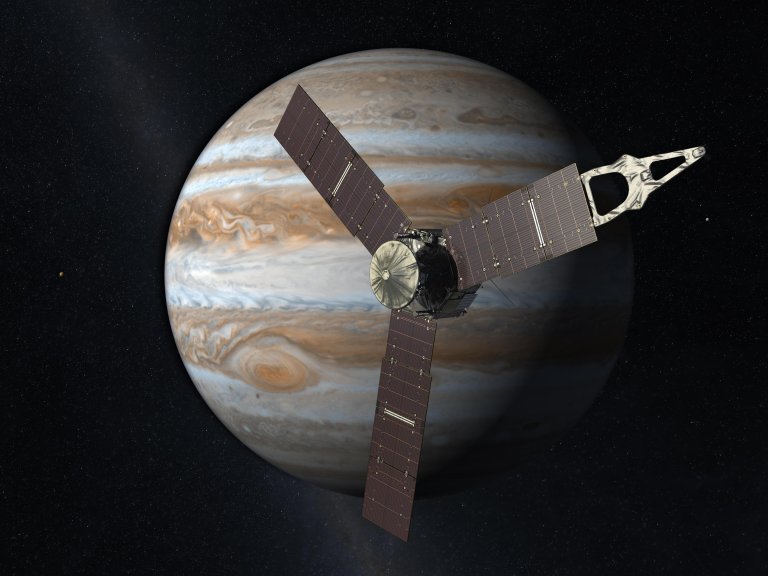
The arrival will finally shed some light on the many mysteries of this gas giant
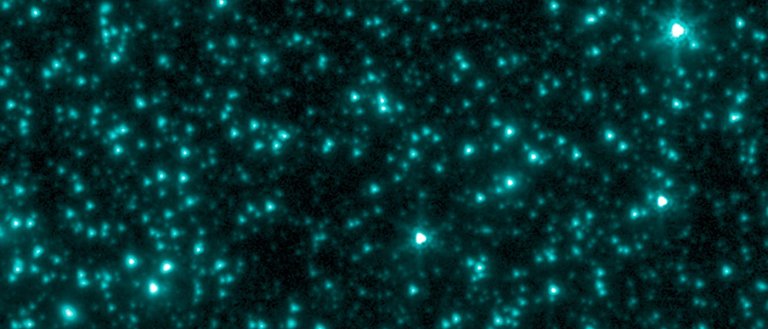
Scientists are now exploring the hypothesis that dark matter is actually made of primordial black holes.
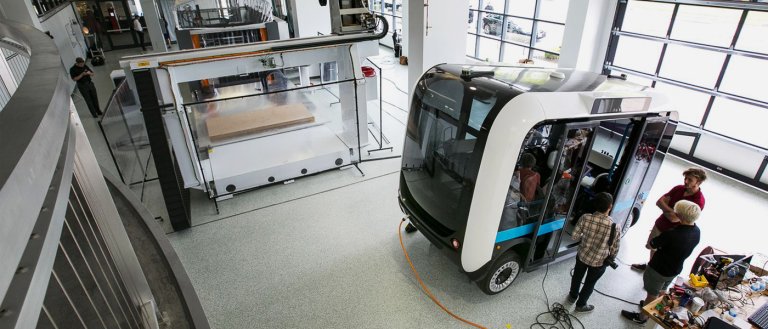
This new passenger bus meets every science fiction checkbox out there.

At E3, Nintendo announced that it will release the highly anticipated AR game to the mobile marker sometime in July.